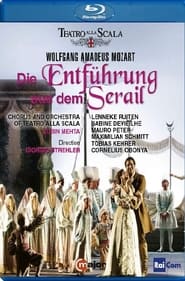detail profile sabine devieilhe
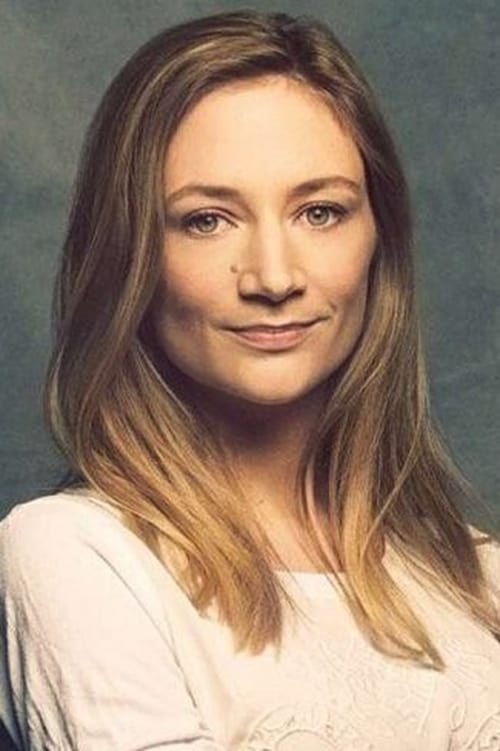
Riwayat Hidup
Sabine Devieilhe is a French operatic coloratura soprano.
After cello and musicology studies, Sabine Devieilhe followed the teachings of Jocelyne Chamonin, Martine Surais, Pierre Mervant, Malcolm Walker or Kenneth Weiss, Anne Le Bozec, Susan Manoff, Olivier Reboul and Elène Golgevit.
She received the First Price unanimously with the congratulations of the jury of the Paris Conservatoire National Supérieur de Musique et de Danse in 2011.
Parallel to her studies she starts a close collaboration with ensembles like Pygmalion (cond.
Raphaël Pichon) and Les Cris de Paris (cond.
Geoffroy Jourdain) and performs a large repertory from ancient music to contemporary music, while she approachs the baroque repertory from Bach to Rameau with Jean-Claude Malgoire and Alexis Kossenko and while the Orchestre National d’Ile de France (L’enfant et les sortilèges, cond.
David Levi) and the Orchestre de Paris give her access to other stages.
She also performs in concert with Les Arts Florissants, Marc Minkowski and Les Musiciens du Louvre, Hervé Niquet and Le Concert Spirituel…
As from 2011-12 her career took off at great speed : she made her first steps in the Bel Canto with Amina/La Sonnambula under Jean-Claude Malgoire who also offered her La Folie/Platée; the Aix-en-Provence Festival inviteds her for Serpetta/La finta giardiniera (staged by Vincent Boussard, July 2012) ; the Montpellier Opera offered her the title-part of LAKME ; she is awarded Opera Singer Discovery of the year at the 20th French Victoires de la Musique in 2013 ; the Lyon National Opera gave her the opportunity to perform her first Queen of the Night/Magic Flute and she signed an exclusivity contract with Erato/Warner Classics ! Since then she performed Constance/Dialogues des carmélites at the Lyon National Opera (staged by Christophe Honoré), in a last minute replacement at Paris Théâtre des Champs-Elysées (cond : Jérémie Rohrer, staged by Olivier Py) and at the Amsterdam Opera , LAKME at Paris Opera Comique, Toulon & Avignon ; Queen of the Night/Die Zauberflöte at Paris National Opera ; Euridyce/Orphée et Euridyce at La Monnaie Royal Theatre in Brussels (staged Romeo Castelucci) ; Adèle/Die Fledermaus at Paris Opera Comique ; Mélisande/Pelleas et Melisandre (cond.
Jean-Claude Malgoire) ; Nanetta/Falstaff at Marseille Opera ; Fire, Princess and Nightingale / L’enfant et les sortilèges at the Glyndebourne Opera Festival & in a concert version under Esa-Pekka Salonen with the Orchestre de Paris at La Philharmonie de Paris, The Philharmonia at the Royal Festival Hall in London or in Stockholm with the Swedish Radio Symphony Orchestra ; Ismène/Mitridate (Le Concert d’Astrée/Emmanuelle Haïm) & Amina/La Sonnambula in a concert version at the Théâtre des Champs-Elysées, in the series Les Grandes Voix.
Info Pribadi
Peran Yang Di Mainkan Sabine Devieilhe
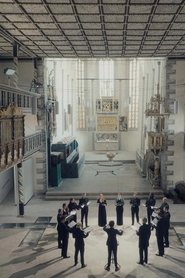 Raphal Pichon and the Pygmalion ensemble...
Raphal Pichon and the Pygmalion ensemble...In Search of Bach III. Actus Tragicus 2024
Raphaël Pichon and the Pygmalion ensemble join forces with a magnificent vocal ensemble to perform Johann Sebastian Bach's cantata Actus Tragicus, set to a work by Johann Michael Bach. Program : Johann Michael Bach - Unser Leben ist siebenzig Jahre Jean-Sébastien Bach - Cantate Actus Tragicus BWV 106 (extraits)
 This Salzburg Festival production of Le...
This Salzburg Festival production of Le...Le Nozze di Figaro 2023
This Salzburg Festival production of Le nozze di Figaro (2020) offers a radical reinterpretation of Mozart's opera, directed by Martin Kušej, who continues his exploration of Mozart’s works following Don Giovanni (2002) and La clemenza di Tito (2003). The turbulent comedy, laden with erotic entanglements, exposes themes of patriarchal dependency, sexual exploitation, betrayal, and emotional emptiness. French conductor Raphaël Pichon, renowned for historically informed performances, conducts his first opera at Salzburg after his debut at the festival in 2018.
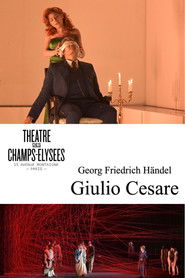 For his first appearance in the...
For his first appearance in the...Giulio Cesare 2022
For his first appearance in the pit in Paris with his Artaserse ensemble, Philippe Jaroussky has chosen a masterpiece that he knows well, having sung the role of Sesto on numerous occasions, notably in the highly acclaimed Salzburg production alongside Cecilia Bartoli. As for the staging, we will welcome for the first time on Avenue Montaigne a Venetian who is used to the greatest European stages and who has undertaken his first Handel, Alcina, in the summer of 2019 in Salzburg with Ruggiero... Philippe Jaroussky. Everyone agrees on his ability to imagine delicate and highly effective dramaturgical worlds (his Barber of Seville for the Paris Opera is an irresistible visual translation of Rossini's frenzied score). His debut in opera seria with Alcina also showed his intelligence in giving coherence and emotion to the demanding arias da capo. On stage, a team familiar with the Théàtre des Champs-Elysées and this repertoire, led by a very fine trio of French women.
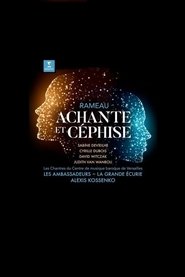 The story concerns a pair of...
The story concerns a pair of...Acante et Céphise, ou La Sympathie - Théâtre des Champs-Elysées 2020
The story concerns a pair of lovers, Acante and Céphise, who suffer at the hands of a wicked genie Oroès. They are saved by the good fairy Zirphile, who uses her magic powers, including the gift of telepathy (the sympathie of the title), to defeat Oroès.
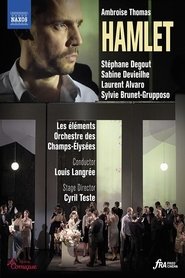 To be or not to be...
To be or not to be...Hamlet : Opéra-Comique 2019
“To be, or not to be..." You probably know the question, but perhaps not Cyril Teste's answer! A stage director famed for his fascinating fusion of theater and film, he stages the opera Hamlet for the first time in this production starring a brilliant group of soloists led by Stéphane Degout, Sabine Devieilhe, Laurent Alvaro, and Sylvie Brunet-Grupposo.
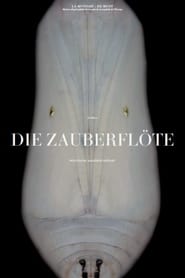 Die Zauberflte is one of Mozarts...
Die Zauberflte is one of Mozarts...Mozart: Die Zauberflöte 2018
Die Zauberflöte is one of Mozart’s most famous works and one of the most beloved of the entire operatic repertoire. Generations of spectators have been fascinated by the melodies and adventures of Papageno, the Queen of the Night, Tamino, and Pamina, the ordeals faced by the young lovers, and the work’s inexhaustible allegorical depth. The director Romeo Castellucci has deliberately stepped back from the narrative dimension of the opera in order to explore its raw emotion and its philosophical heart. For his part, the conductor Antonello Manacorda brings Mozart’s immortal music to life with the help of an outstanding cast that includes Sabine Devieilhe, one of today’s finest interpreters of the Queen of the Night.
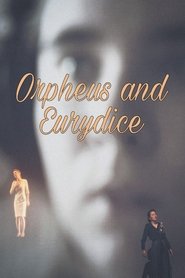 The myth of Orpheus and Eurydice...
The myth of Orpheus and Eurydice...Orpheus and Eurydice 2014
The myth of Orpheus and Eurydice tells of the impossible return to the land of the living by a woman who has been mortally wounded. The poet-musician Orpheus’s eventful journey in the world of shadows, searching for the one he loves and cannot let go, takes him to the Elysian Fields. This is an unexpected place of peaceful, composed of countryside and those in its thrall. It is here that Eurydice is now installed. During his journey Orpheus is thus introduced to a surprising reality: an enclave, a protected place, both near and yet inaccessible, disturbing, between life and death.
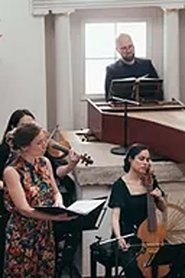 Raphal Pichon Pygmalion and Sabine Devieilhe...
Raphal Pichon Pygmalion and Sabine Devieilhe...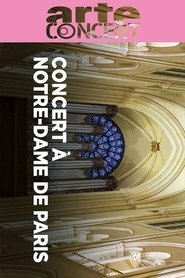 SimonPierre Bestion celebrates the musical and...
SimonPierre Bestion celebrates the musical and...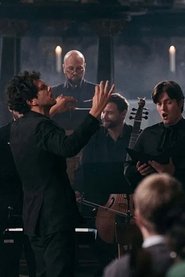 Raphal Pichon and the Pygmalion Ensemble...
Raphal Pichon and the Pygmalion Ensemble...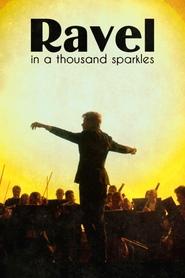 A musical and visual account of...
A musical and visual account of...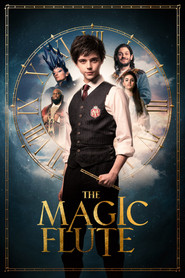 A seventeen year old travels from...
A seventeen year old travels from...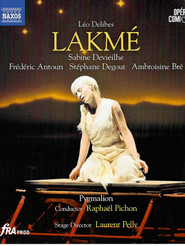
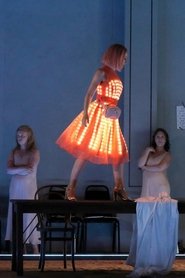 A staging of Richard Strauss opera...
A staging of Richard Strauss opera...